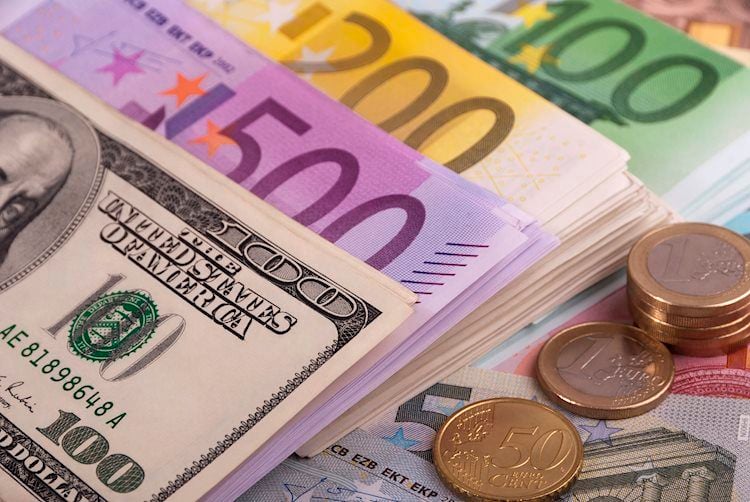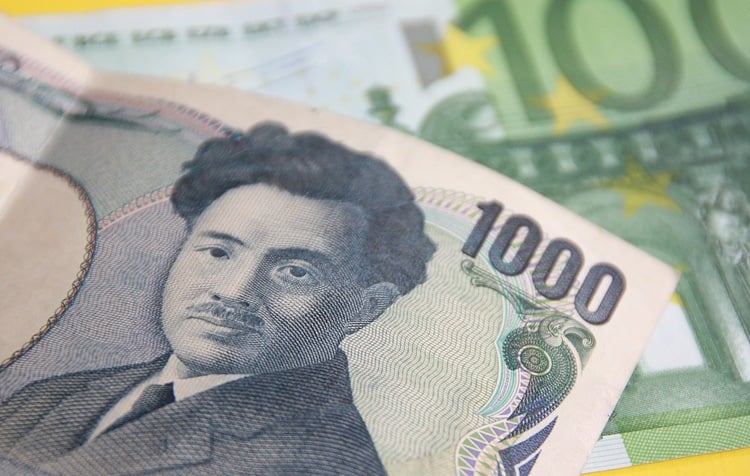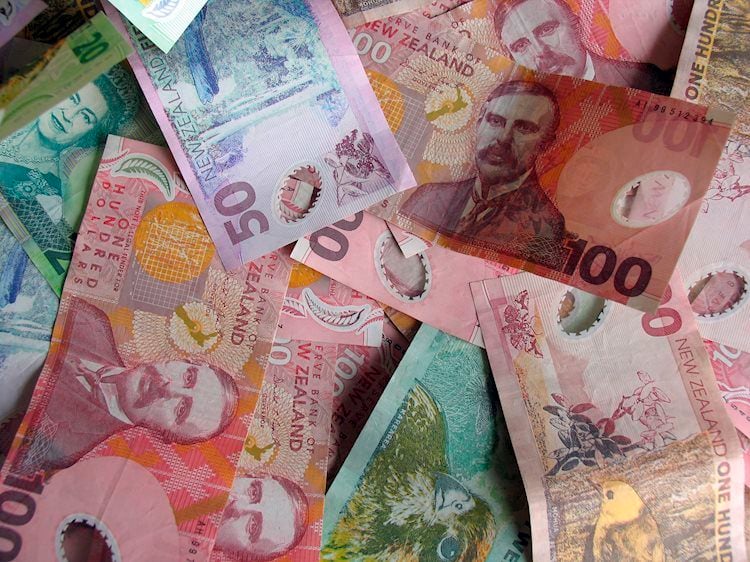“The Federal Reserve probably will need to begin raising interest rates in late 2022 or early 2023 as higher government spending keeps inflation above its long-run average target,” Bloomberg reported late Thursday, citing headlines from the International Monetary Fund (IMF).
According to Bloomberg, the IMF’s evaluation of countries’ economic and financial trends following discussions with lawmakers and public officials also stated that the US central bank will most likely begin to reduce asset purchases in the first half of 2022.
According to the IMF, the spike (in inflation) will be temporary, with the index peaking at 4.3 percent in 2022 and decreasing to approximately 2.5 percent.
Higher U.S. expenditure suggested by President Joe Biden in the infrastructure-focused American Jobs Plan and the social-spending-based American Families Plan — both of which have yet to approve — is estimated by Fund staff to enhance GDP growth by around 5.25 percent from 2022 to 2024.
The International Monetary Fund increased its prediction for US economic growth this year to 7%, the fastest since 1984, from 6.4 percent in April.
Given the greater likelihood of the Fed making monetary policy changes, the IMF’s fresh remarks could help the US dollar gain even more ground, putting pressure on commodity prices. By the press time of the early Asian session on Friday, gold had halted its two-day rebound hovering around $1,776.
Read more about Gold Price Forecast: XAU/USD Recovers to $1,800 Awaiting US NFP/n





